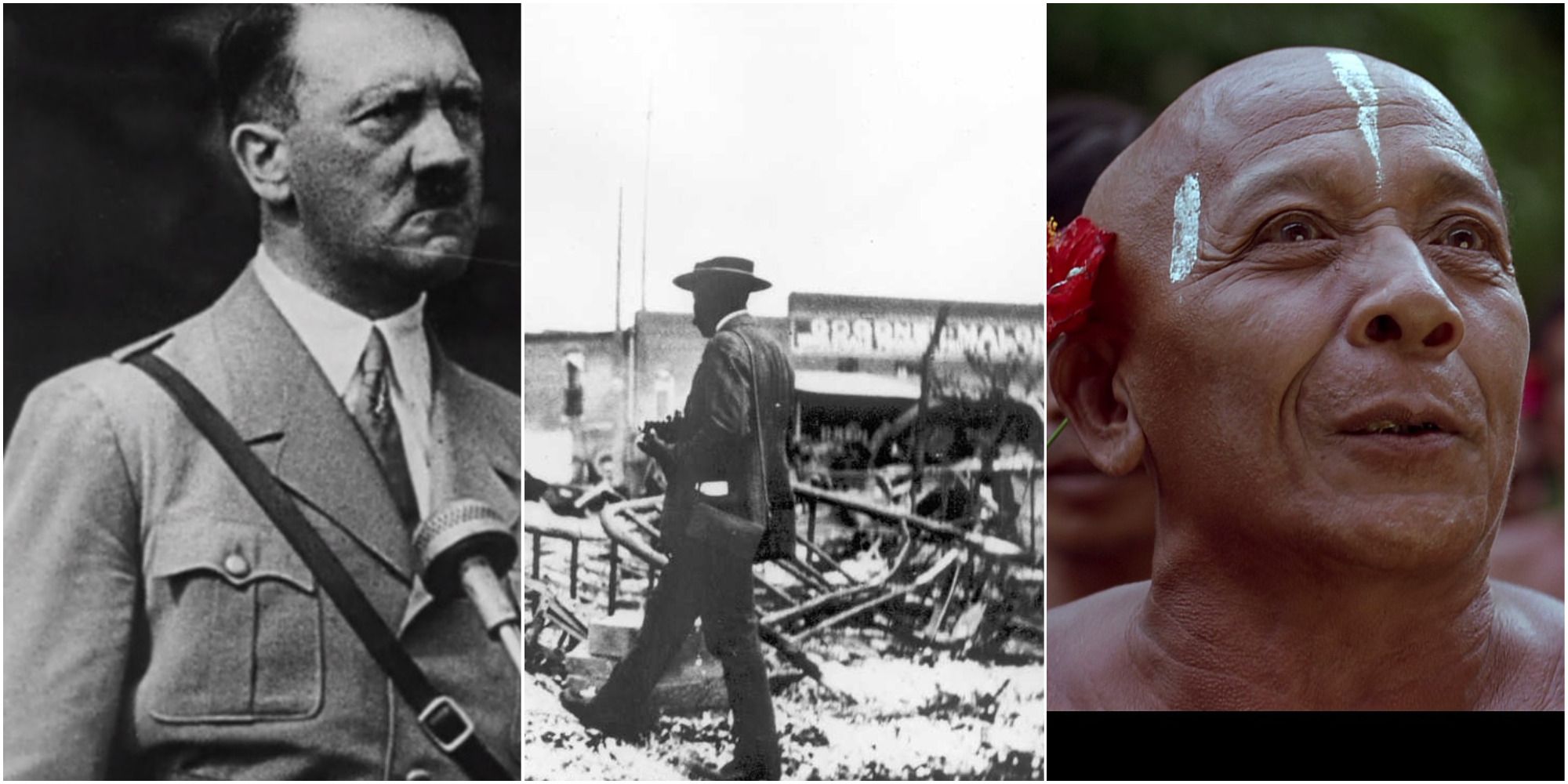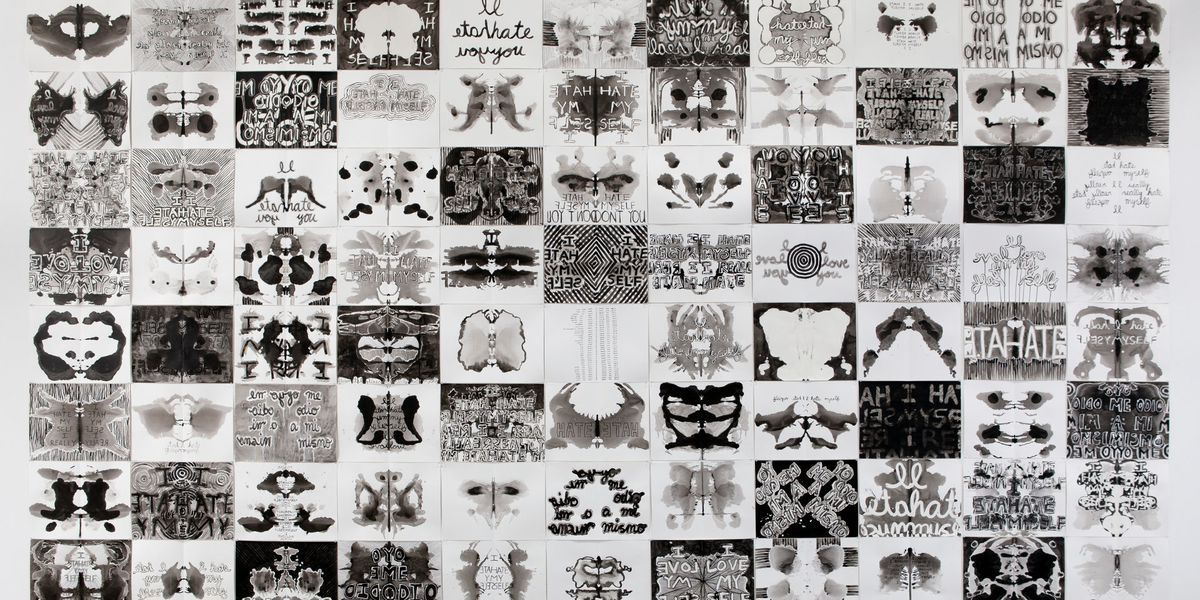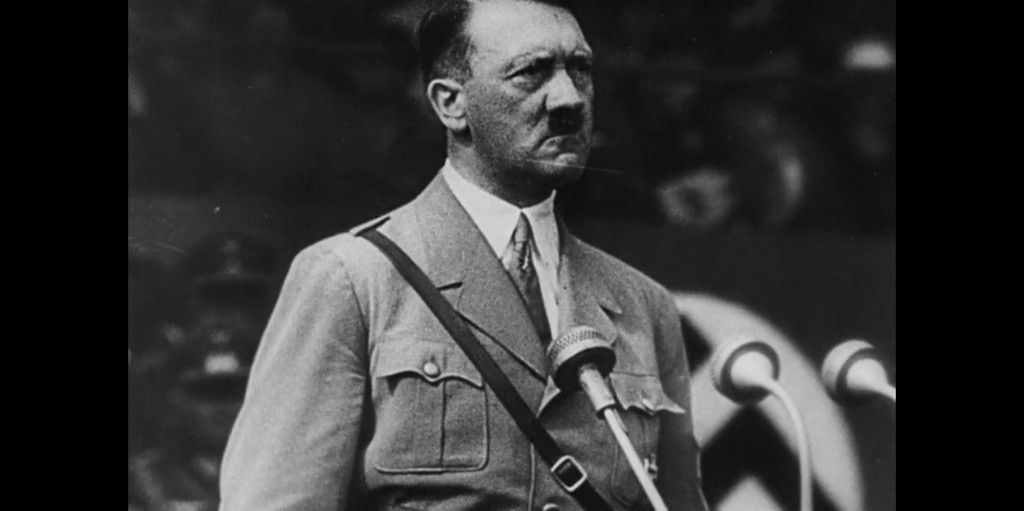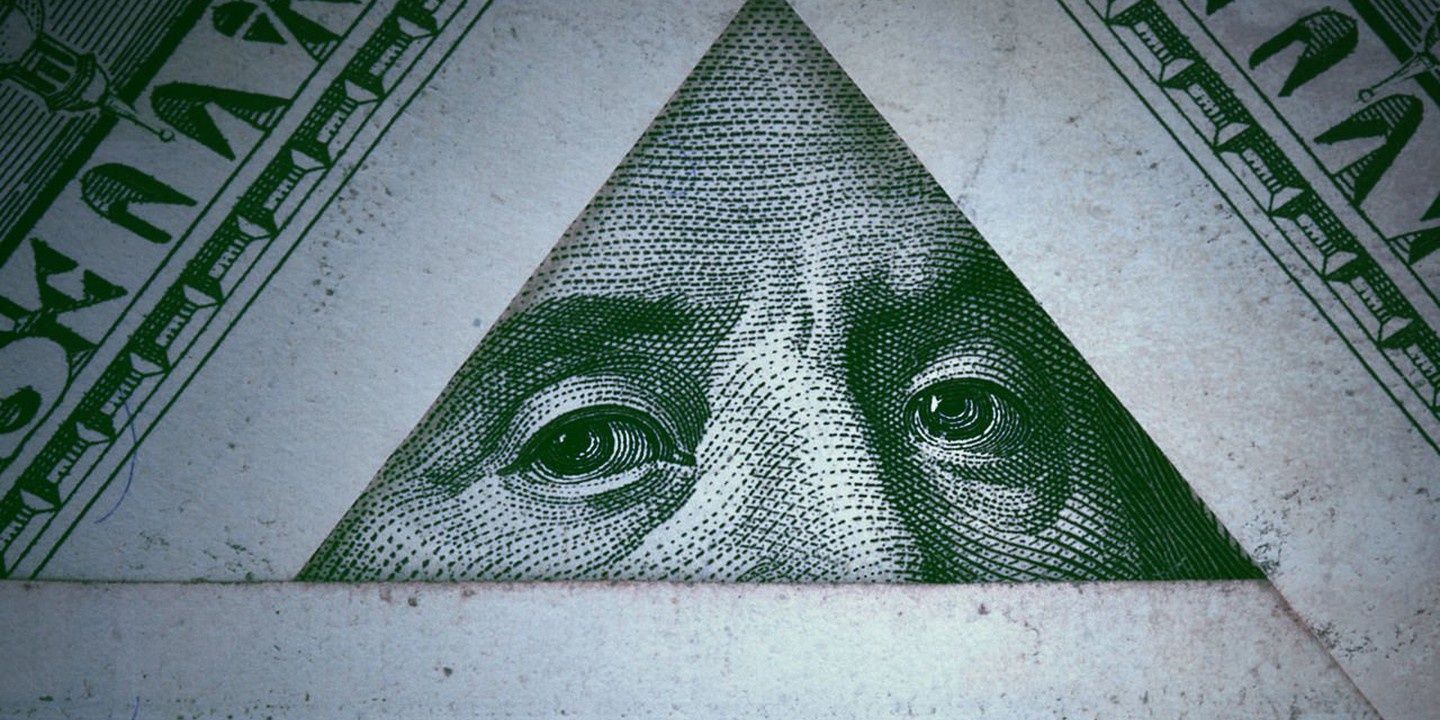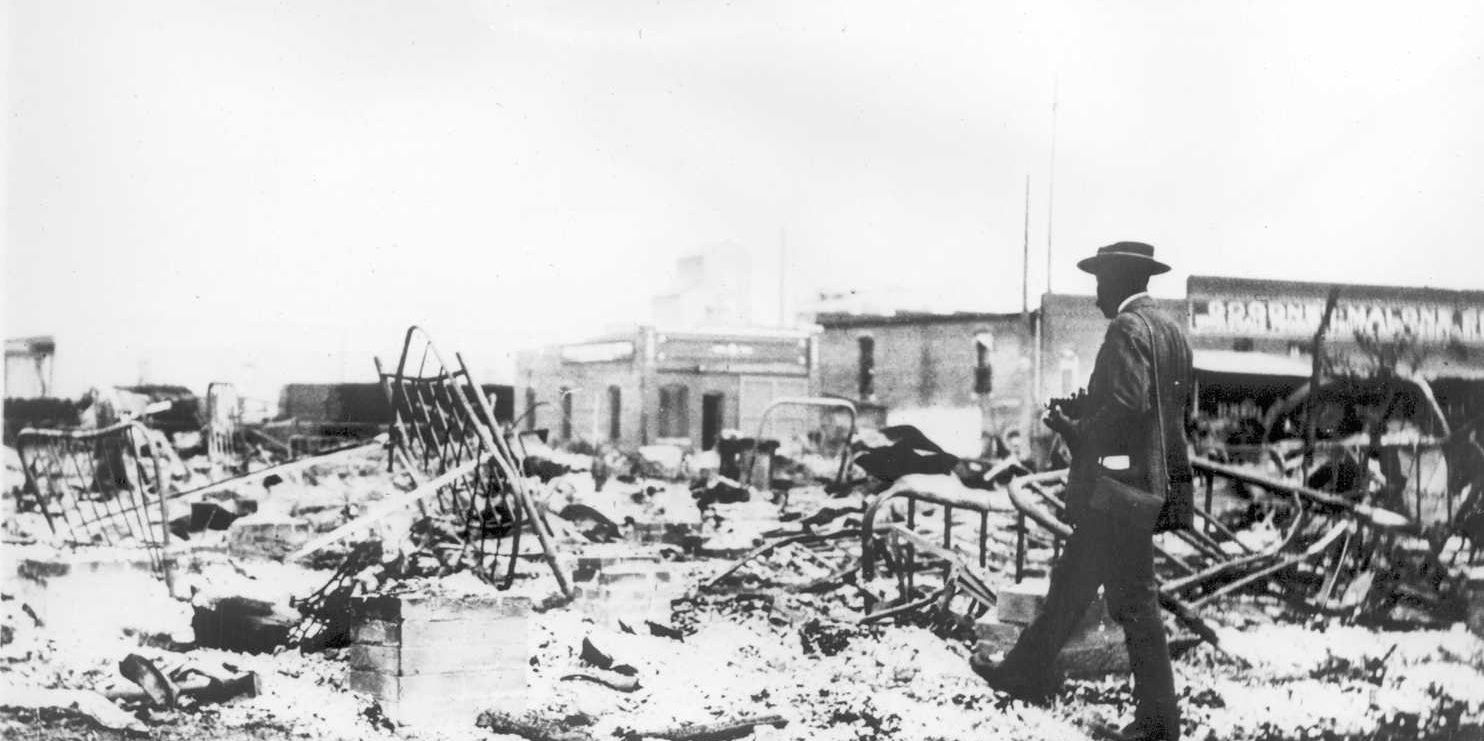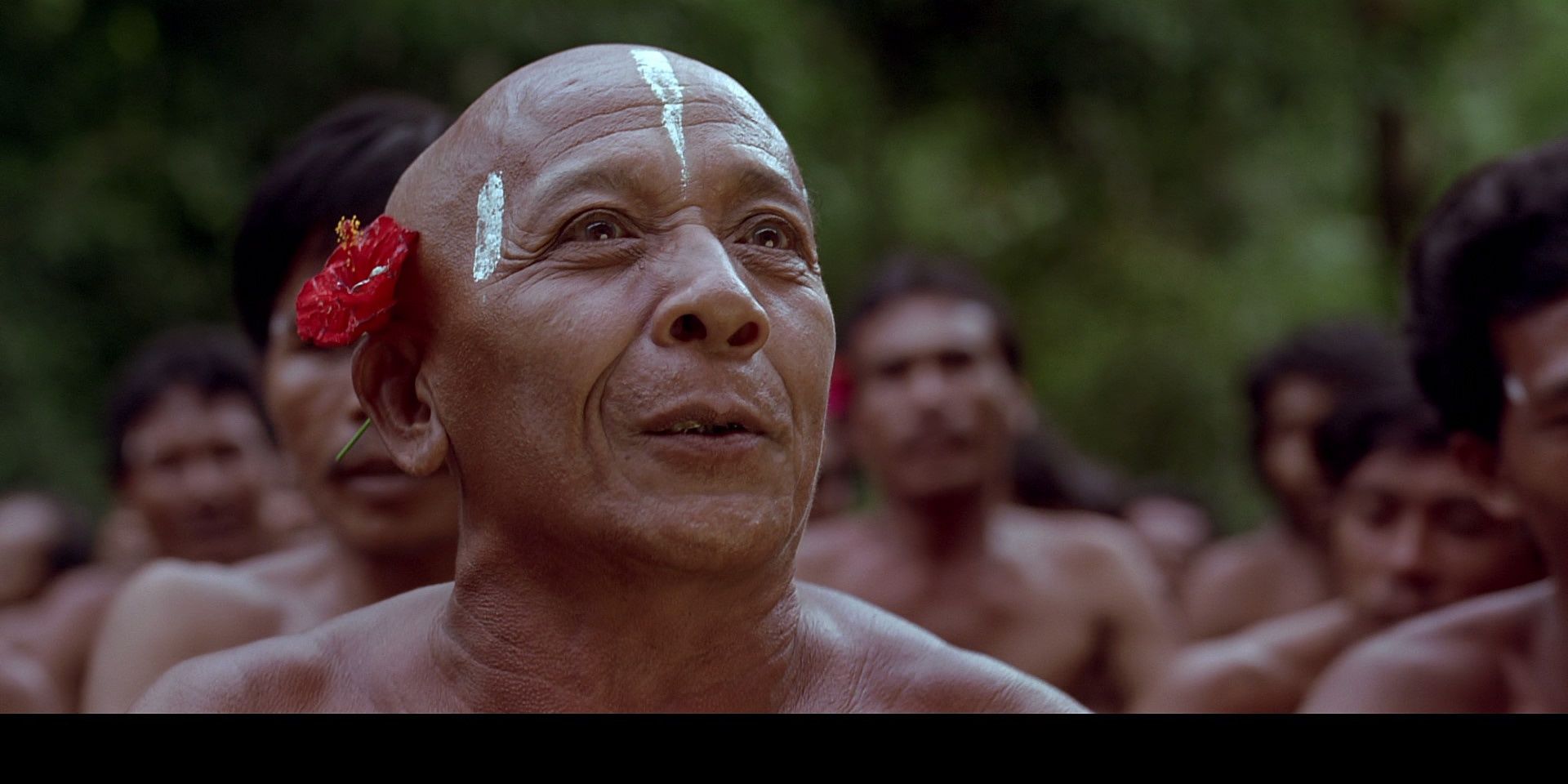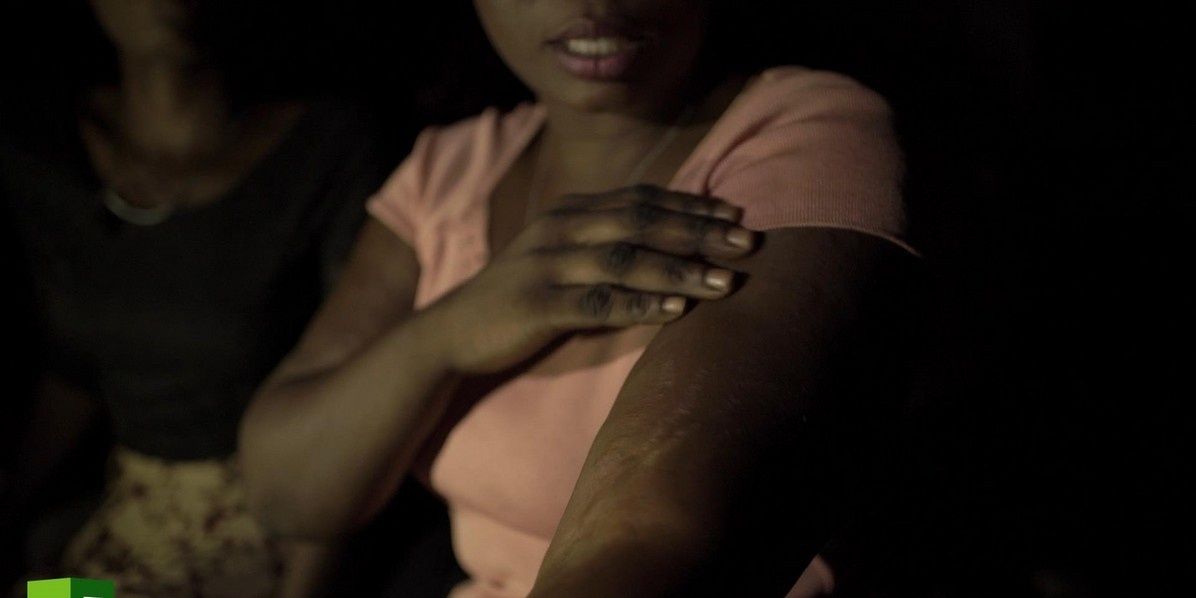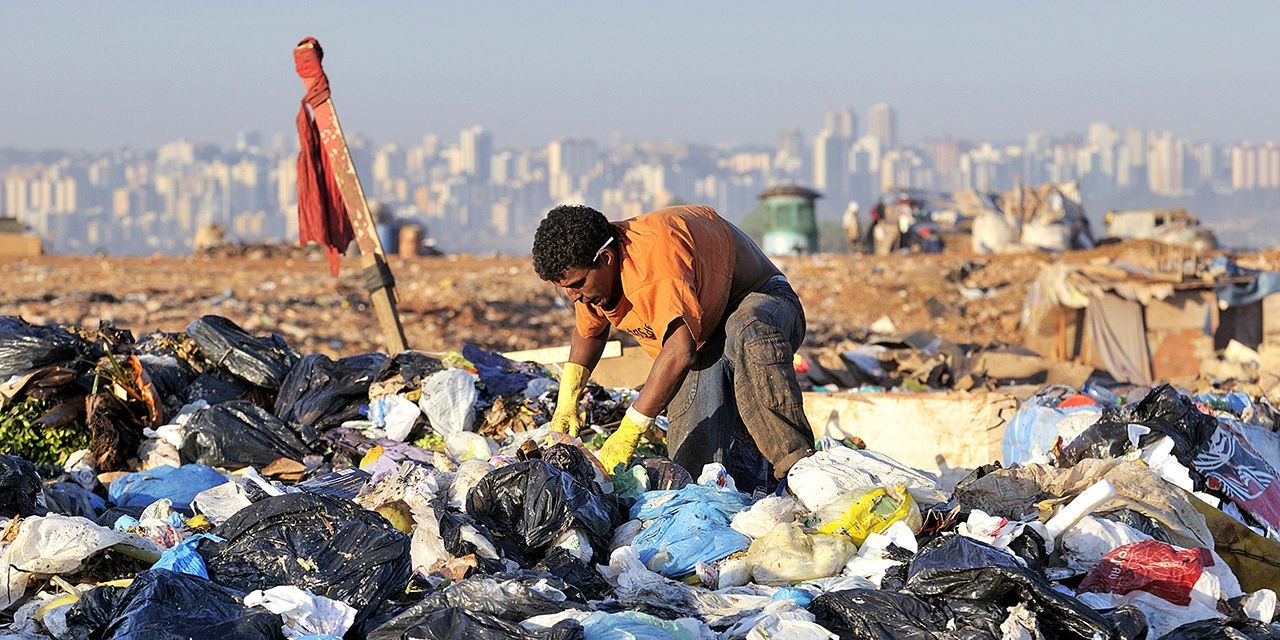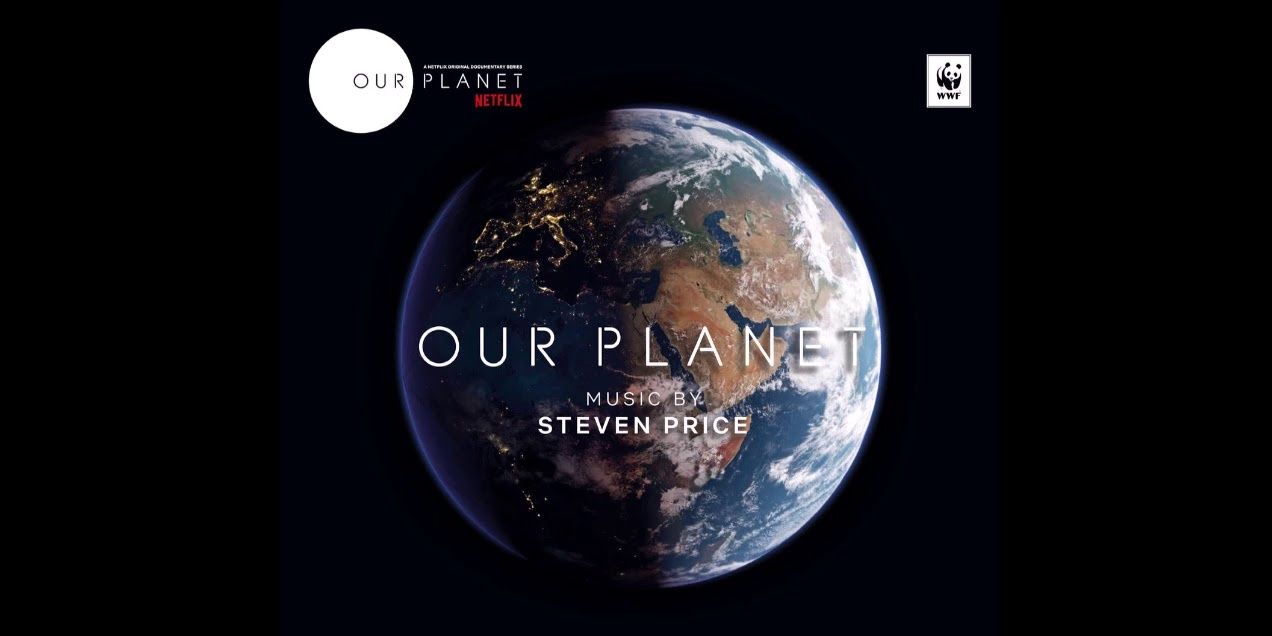Since industrialization and globalization, humans have lived in a period of rapid change. History has never been so troubling, nor so fascinating. As humans moved from small communities to live in large metropolitan areas, the meaning and understanding of life was rapidly transformed. Currently, the question remains: what is it to be human? The pressures and traumas of the last few centuries remain embedded in humanity, with societies unable or unwilling to break free from their histories.
Like its predecessor, the twenty-first century is wildly chaotic. Many genres of TV and film, such as sci-fi (Black Mirror) and drama (Timeless), have attempted to bring calculated order to distorted chaos. With this in mind, the documentary remains one of the best mediums that enables us to understand the twenty-first century.
Fahrenheit 11/9 (2018)
How did Donald Trump become the president of the United States? One of the most asked questions of 2016, Michael Moore's Fahrenheit 11/9 dives into the recent past to set a chronological order for what happened. Moore, who has always been extremely critical of the US government, likens Trump's election campaign, and eventual presidency, to Hitler's Nazi occupation.
At least 71 million Americans still support Donald J. Trump. Fahrenheit 11/9 is a good documentary that explains the political machine that propagated a man, whom Moore likens to a fascist dictator, to power.
The Century Of The Self (2002)
Filmmaker Adam Curtis reveals the hidden secrets behind the machinery titled "democracy" in The Century Of The Self. Curtis argues that there is, essentially, no democracy. The British documentarian explores how key political figures of the twentieth-century, obsessed with the psychoanalytical works of Sigmund Freud, convinced themselves that the mass can never truly govern themselves wisely.
To shift focus from those pulling political strings in the background, neoliberalism was born. Wall Street would promote commodification and consumerism on a global scale, to sedate public anger.
Hitler: A Career (1977)
The self-descriptive title, Hiter: A Career, charts the rise of Hitler into power. How did a messenger soldier from WW1 become Germany's Fuhrer, and where did his desire for this position stem from? More to the point, the documentary gives an insightful exposition into who Hitler was as a person and, ultimately, as a leader. It is a psychoanalytical exploration into, not only Hitler's psyche, but the collective psyche of the German people post-WW2, during the war, and immediately after. More to the point, the film explores the dangers of xenophobia and nationalism, which still apply to modern times.
Dreamworlds 3: Desire, Sex, And Power In Music Videos (1997)
University professor Sut Jhally created the video essay Dreamworlds 3 in 1997 to expose society's backlash against women through gender wars. The documentary produces evidence of the rampant objectification and denigration of women in the cultural sphere and its effects on audiences who copied these images in real life.
Produced more than two decades ago, the documentary is a great precursor into understanding incel and MGTOW culture, as well as the importance of the #MeToo movement in the age of men like Donald Trump, Harvey Weinstein, and Bill Cosby.
Dirty Money (2018)
Since the Great Recession of 2008, and the Occupy Wall Street protests of 2011, a new cultural understanding has emerged concerning capitalism. It is unregulated, and it offers little positive benefits to the public. In most countries, capitalism is now a system for the wealthy to accumulate more wealth, and for the poor to become no more than slaves to the system.
Dirty Money follows how the ultra-wealthy abuse the tenets of capitalism to produce dirty profits for personal wealth accumulation. In a system that blames the poor for being poor, this documentary exposes the lie that anyone can be financially successful if they just work hard enough.
The Massacre of Tulsa's Black Wall Street (2019)
"The single worst incident of racial violence in American history", the massacre of Tulsa's Black Wall Street is an incident that was erased from most American history books for nearly a century. In 1921, white residents of Tulsa, Oklahoma would destroy the wealthiest black neighborhood in the US, also known as 'Black Wall Street.' The event is a look into racist white America's deep-seated envy and hate of black American success, a hate that was mirrored after Barack Obama became the 44th president of the United States.
The VOX documentary is a short one and presents enlightening information on the tragic events of black history. The documentary also highlights important questions left unanswered, such as the location of the black victims of the massacre.
Baraka (1992)
Baraka is a cinematic masterpiece of visual narration and thematic style in documentaries. With no voiceover or narration, Baraka is a celebration of human life, with a focus on human societies, cultures, beliefs, and life. It attempts to weave together the centrality of all human experiences, no matter where in the world.
Shot in twenty-three countries and over 152 locations, Baraka promises to educate the viewer on how similar their lives are with every other human that lives, or has lived on this planet.
Beauty and the Bleach: Skin-whitening Trend Ravages Senegalese Women (2018)
It has been six decades since most of Africa and Asia gained independence from the brutal colonial forces of the European nations. Three generations later, and the continents are reeling with the aftershocks of colonization. Deaths, murders, wars, famine, and more were hard power weapons used by European colonizers to oppress the natives of these resource-filled nations.
Alongside hard power, soft power was used to suppress the minds of the colonized. Beauty And The Bleach analyses the effects of one of the most pervasive lies propagated by white colonial masters: the white race is superior, and anything else is less.
The Rich, The Poor And The Trash (2018)
Minimalism is the only way our planet will survive. Equality is the only way mankind will live. These are the two central messages of The Rich, The Poor, And The Trash. The DW Documentary follows a waste management manager in Nairobi, and a recyclables collector in New York, as they sort through the cities' trash to make money.
The documentary dispels the myth of trash as worthless. Indeed, it argues that trash is a byproduct of overconsumption. In turn, overconsumption keeps the megarich wealthy, and the poor poorer. Humanity's only hope, presently, in a "sociopathic" world is change.
Our Planet (2019)
Our Planet is a Netflix documentary that is concerned with the effects of climate change on our planet. The docuseries, narrated by David Attenborough, describes the great impact of climate change on our habitation, and our diversity. It argues that human activity has been a significant impact on the increase in climate change, leading to the near-extinction of wildlife and animals.
The documentary is clear on the destiny of planet earth if humans do not begin to work reverse climate change: mass extinction.

